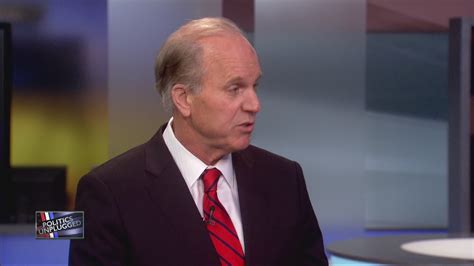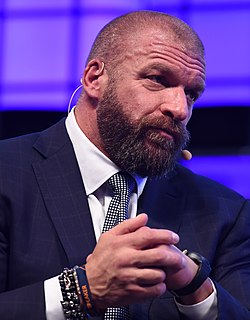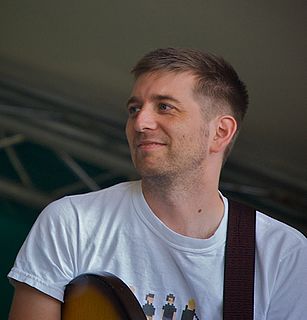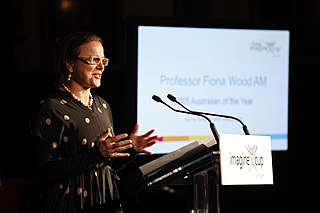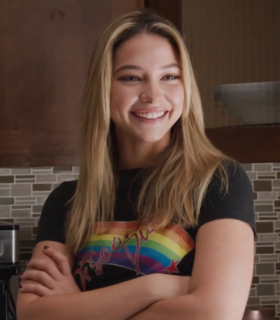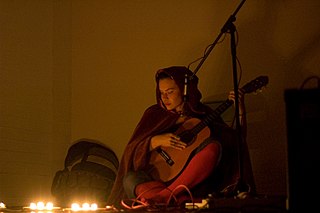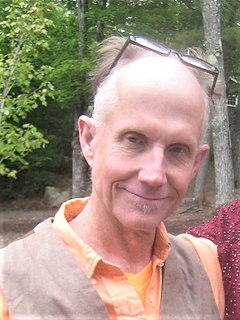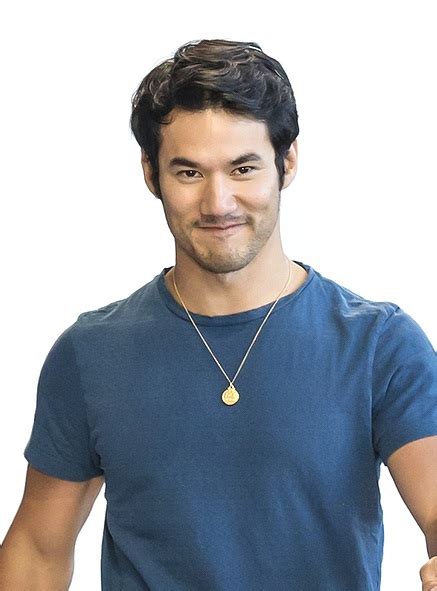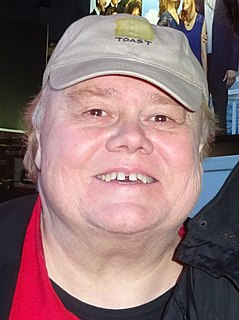A Quote by Robert Blaha
It's not about just a vote, it's about being a voice. There's a difference between being a person who just pushes the button and someone who is actually going to be a voice for the conservative movement.
Related Quotes
It has nothing to do with [Renee] being a female or not, it has to do with her being the right person for the job. She’s got a great voice that cuts through the clutter. She is very knowledgeable about WWE, about its history, about the talent and she is really willing to step up and do her homework. I think you’re going to see her grow. You’re going to see her jump on this challenge to become a regular fixture and a regular voice and, hopefully, maybe one day the voice of WWE.
The rise of Breitbart is directly tied to being the voice of that center-right opposition. And, quite frankly, we're winning many, many victories. On the social conservative side, we're the voice of the anti-abortion movement, the voice of the traditional marriage movement, and I can tell you we're winning victory after victory after victory.
The real voice is stiller and smaller and seems to know, without confusion, the difference between right and wrong and the subtle delineation between the beautiful and profane. It's not an agitated voice, but ever patient as though it approves a million false starts. The voice I am talking about is a deep water of calming wisdom.
Being able to influence the outcome, being able to do something about it, to be able to stop the bleeding. You're not being useful if you're just standing there going "Oh, that's awful!" You're only useful if you actually do something about it and I think that goes for everything. If you actually do something about what's in front of you, then you are actually contributing and you haven't got time to be self-centred or sorry for yourself. You should be doing something about the person you really should feel sorry for.
Actually, on a slightly more serious but kind of parallel level, I remember being on Loveline before both hosts ascended into loftier places in the culture. But I remember being shocked by Dr. Drew. He went into this extended monologue about how anyone with a baby voice is probably the victim of child abuse or has some daddy issue. As an intellectually curious person, all I could think is that there isn't any clinical evidence about that. But to be the guy wearing the doctor's hat on the radio and teaching everybody about this? It just seemed like a parody of good advice.
We're always being told 'find your voice.' When I was younger, I never really knew what this meant. I used to worry a lot about voice, wondering if I had my own. But now I realize that the only way to find your voice is to use it. It's hardwired, built into you. Talk about the things you love. Your voice will follow.
I've always been curious about people's psychedelic experiences, and I kind of had this assumption that I was going to have some kind of crazy mindblowing psychedelia thing happening, but actually, it was very quiet, and I didn't have any hallucinations at all. Nothing changed, except that suddenly I could hear the voice of my conscience, which I didn't ever think of as being a real voice. And ever since having that experience, I've had that voice in my head and followed it occasionally.
So much of what I love about poetry lies in the vast possibilities of voice, the spectacular range of idiosyncratic flavors that can be embedded in a particular human voice reporting from the field. One beautiful axis of voice is the one that runs between vulnerability and detachment, between 'It hurts to be alive' and 'I can see a million miles from here.' A good poetic voice can do both at once.
I was also very lucky to be able to work with talented people while I was learning. I didn't actually go to fashion school. I worked with Riccardo Tisci at Givenchy which was a really pivotal experience for me. He taught me a lot about being faithful to your own voice and to really believe in your own voice and that's made a big difference.
Many people are laughing when they see me, but I'm playing Mrs.Baskets all pristine. I'm playing it not-Louie. I'm not being Louie. I'm just being the character that I think it should be. I had to make a decision as to whether I was going to change my voice or not, but we decided for me not to change my voice, and I think that was the best thing ever, because I think it would've made a big difference in the character. I don't think it would've been as good.
